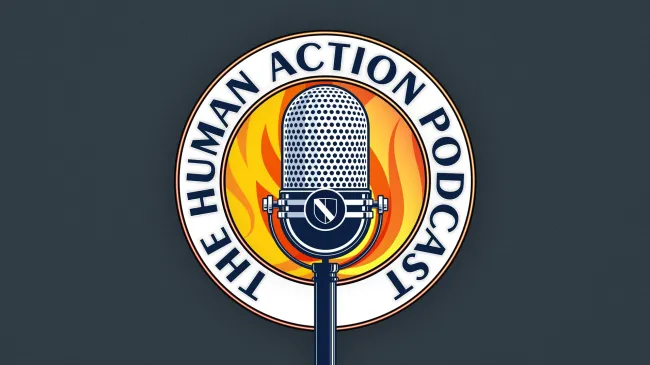Full Reserve Banking versus the Real Bills Doctrine
Responding to economist Juan Ramón Rallo's critique of Ludwig von Mises's The Theory of Money and Credit in Una crítica a la teoría monetaria de Mises, Bagus demonstrates that Mises's supposed errors are not errors at all.









